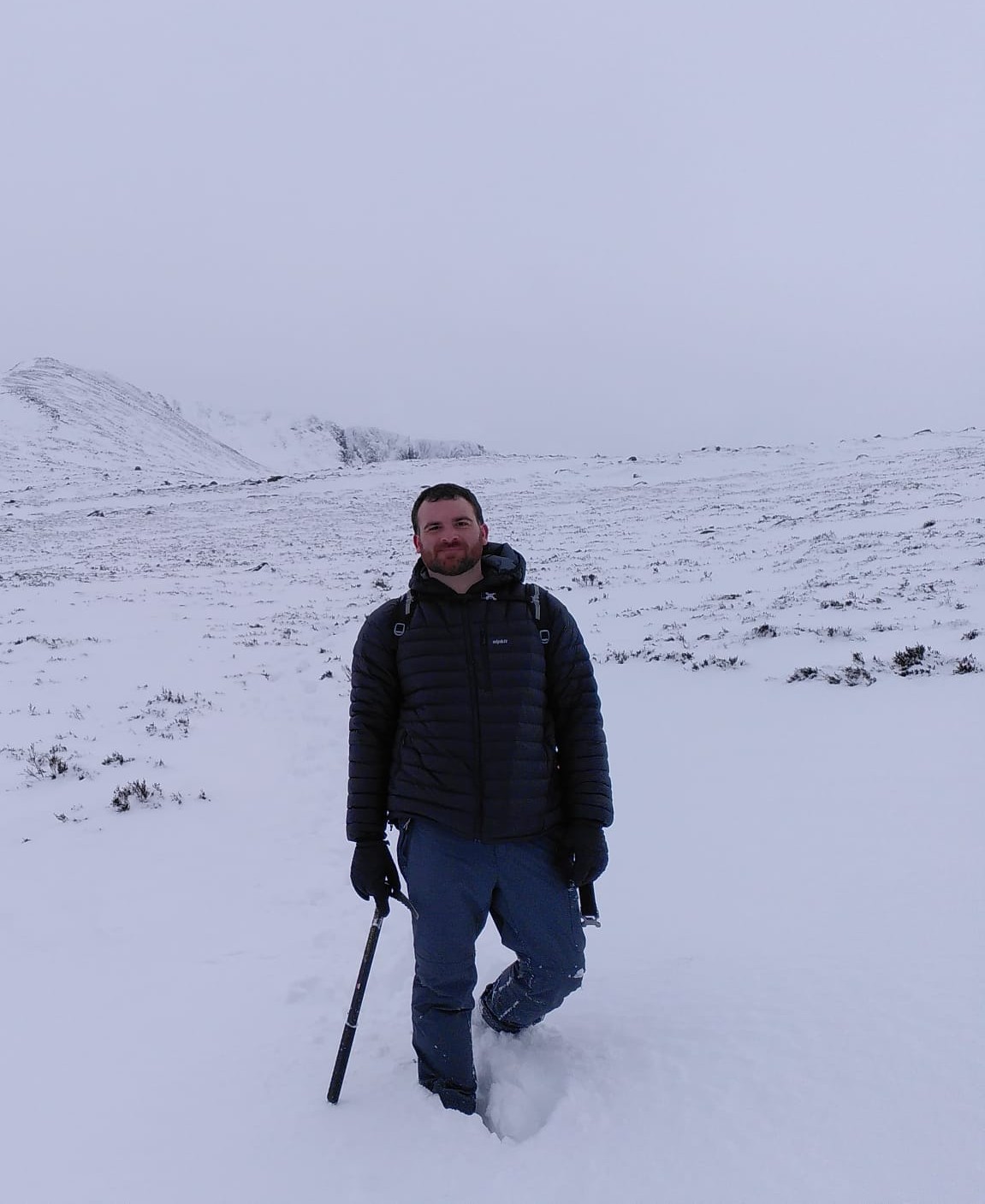Samuel Hughes
PhD
We use some essential cookies to make this website work.
We’d like to set additional cookies to understand how you use forestresearch.gov.uk, remember your settings and improve our services.
We also use cookies set by other sites to help us deliver content from their services.
PhD
Sam is an ecologist interested in community assembly after woodland creation, with a particular focus on understory plant communities. His current research explores how different woodland creation strategies affect the development of these communities alongside emergent ecosystem functions. This will help to inform decision makers on the best strategy for enhancing biodiversity and its benefits. Sam’s research uses a range of tools to achieve this aim, from remote sensing to individual based modelling.
Prior to joining Forest Research Sam completed a PhD at the University of Leeds. This explored how the spatial targeting of woodland creation can enhance biodiversity at local and landscape scales.

Alice Holt
Hughes, S., Kunin, W., Watts, K. and Ziv, G., 2023. New woodlands created adjacent to existing woodlands grow faster, taller and have higher structural diversity than isolated counterparts. Restoration Ecology, p.e13889.
Hughes, S., Kunin, W., Ziv, G. and Watts, K., 2023. Spatial targeting of woodland creation can reduce the colonisation credit of woodland plants. Ecological Solutions and Evidence, 4(3), p.e12263.
Bauld, J., Guy, M., Hughes, S., Forster, J. and Watts, K., 2023. Assessing the use of natural colonization to create new forests within temperate agriculturally dominated landscapes. Restoration Ecology, p.e14004.
Cookies are files saved on your phone, tablet or computer when you visit a website.
We use cookies to store information about how you use the dwi.gov.uk website, such as the pages you visit.
Find out more about cookies on forestresearch.gov.uk
We use 3 types of cookie. You can choose which cookies you're happy for us to use.
These essential cookies do things like remember your progress through a form. They always need to be on.
We use Google Analytics to measure how you use the website so we can improve it based on user needs. Google Analytics sets cookies that store anonymised information about: how you got to the site the pages you visit on forestresearch.gov.uk and how long you spend on each page what you click on while you're visiting the site
Some forestresearch.gov.uk pages may contain content from other sites, like YouTube or Flickr, which may set their own cookies. These sites are sometimes called ‘third party’ services. This tells us how many people are seeing the content and whether it’s useful.